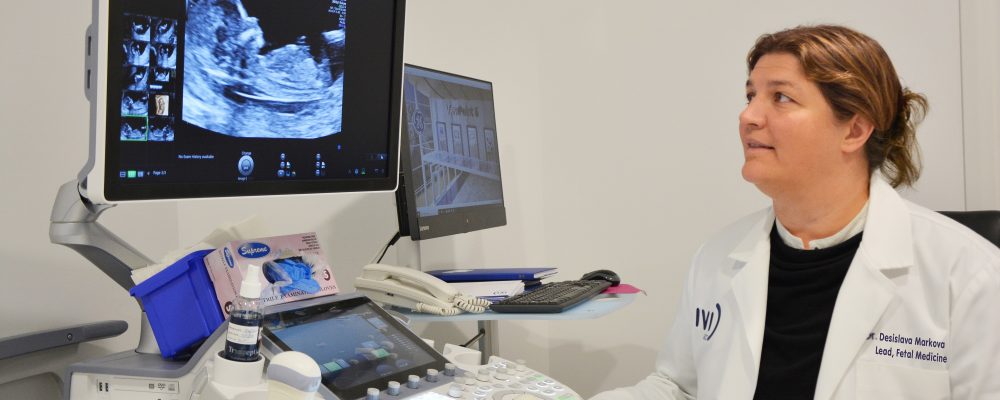Studies indicate that Congenital Heart Defect (CHD) affects 8 out of 1000 new-borns worldwide. CHD is a heart problem that a new-born has at birth. It is caused by the atypical development of the heart during its growth in the womb. The risk for CHD increases by 3 times when a first-degree relative has CHD. At times, CHD shows an autosomal dominant pattern of inheritance. This implies that with each pregnancy, a parent with the defect has a 50 percent chance to have a child with the same heart defect. Both, male and female children are equally at risk of inheriting this defect.
“There is a high prevalence of genetic disorders in the world. The good thing is that in today’s time, couples are increasingly becoming aware of the role of genetics while planning for a baby. This has led to the rise of genetic testing – an advanced medical test that helps detect certain genetic conditions and is progressively being acknowledged as a tool for reproductive health analysis,” said Dr Desislava Markova, Lead, Fetal Medicine, IVI Fetal Medical Center, Abu Dhabi.
According to Dr Markova, couples with inherited heart conditions should opt to conceive via IVF means and undergo a genetic screening to rule out the affected embryos. This would help in identifying the healthiest embryos for implantation thereby eliminating any chance to passing on the genetic disease.
Genetic testing has found a key place in Assisted Reproductive Technologies (ART). Tests known as Pre-implantation Genetic Testing (PGT) are increasingly being used for detecting genetic disorders in embryos. This test is done priors to implantation and studies have shown that PGS increases the likelihood of a successful healthy pregnancy from 30% to 70% percent.
“It has been observed that the chances of a baby being born with CHD are higher if the age of the mother is advanced, there is a previously affected pregnancy or if certain irregularities are observed in the fetus during the scan. PGT can offer the couple important information before the baby is born and help them make appropriate decisions,” added Dr Markova.
While most cases of congenital heart defects are genetic, some occur when the mother comes in contact with certain types of harmful substances in the first few weeks of pregnancy. This is the time when the baby’s heart is growing. Moreover, if an expecting woman has some particular illnesses or is taking medicines for these illnesses, even that could affect the heart’s development. It is therefore important to undertake testing in the first few weeks of pregnancy to ensure the healthy growth of your baby.
IVI Fetal Medical Center is a part of IVI Fertility – the leading institution of infertility treatments in the Middle East that has three advanced clinics – Abu Dhabi, Dubai, and Muscat. The IVI Fetal Medical Center is a Fetal Medicine unit at IVI Middle East Abu Dhabi, specializing in prenatal screening and diagnosis. The center works towards managing and identifying low as well as high-risk pregnancies, enhancing fetal care, and providing the safest care for a healthy pregnancy.




